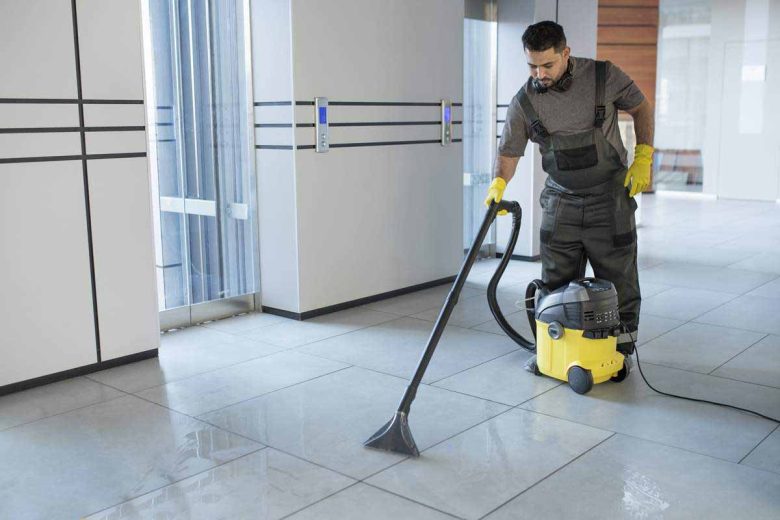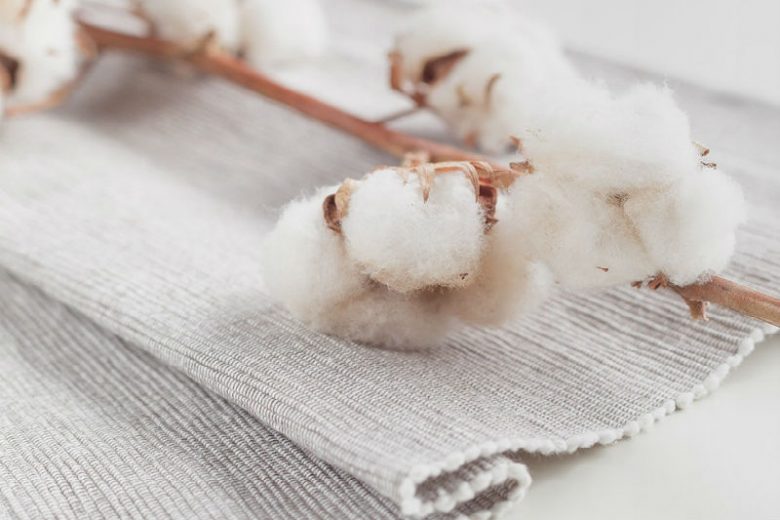
The threat of global warming and the many environmental issues it creates has meant every industry and business sector has had to change many of their working practices to make them more eco-friendly, and commercial cleaning is included in that.
What that means is that commercial cleaning professionals and upholstery cleaners have had to alter, remove, or introduce many of the cleaning methods they undertake, as well as consider far more carefully what cleaning products they use, from the most straightforward cleaning cloth to the most powerful industrial floor cleaner, for example. To explain all this further, here are seven ways modern-day commercial cleaning companies are greener than ever.
Using Eco-Friendly Cleaning Products
One of the most significant ways that commercial cleaning companies have moved to a greener means of operating is their increased use of environmentally friendly cleaning products, inducing many of the cleaning solutions they supply to their operatives. Gone are the days of toxic chemical cocktails being used, to be replaced with proven safe cleaning products that are just as effective but not harmful to the environment.


